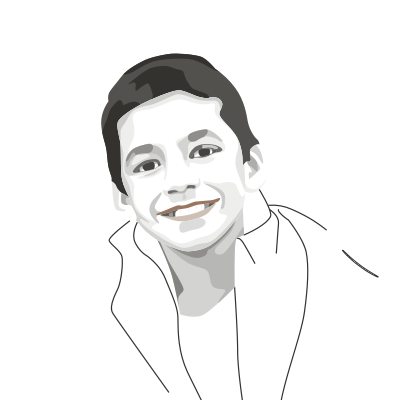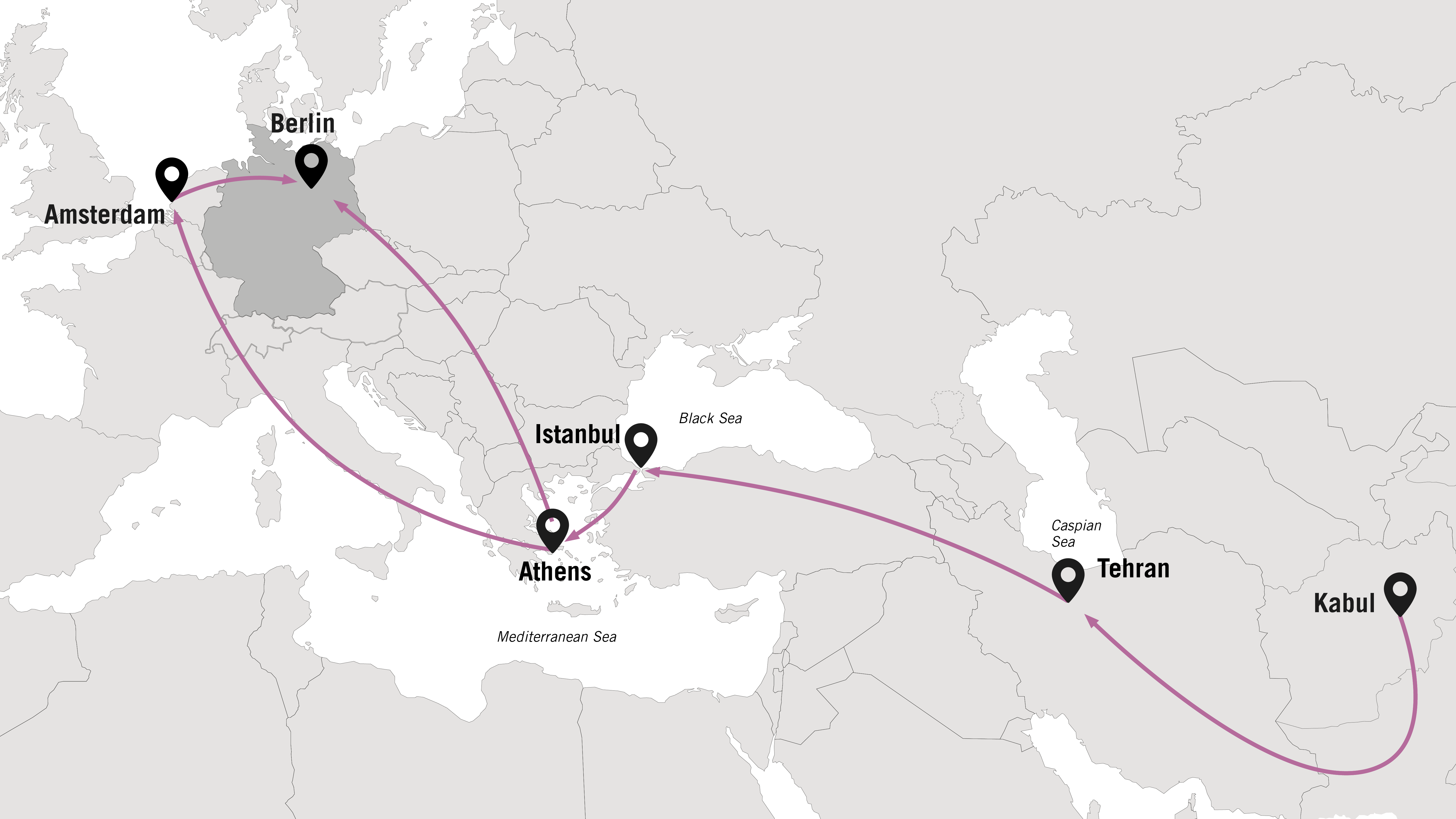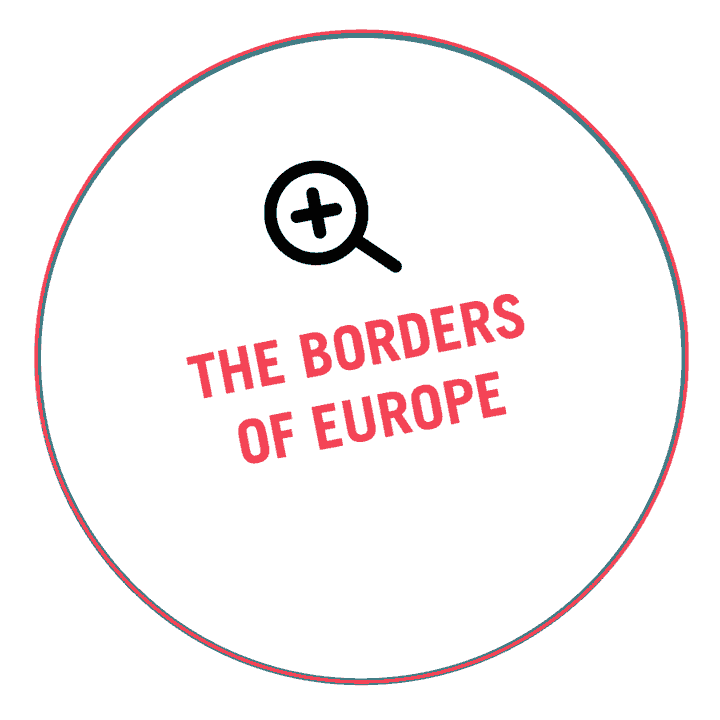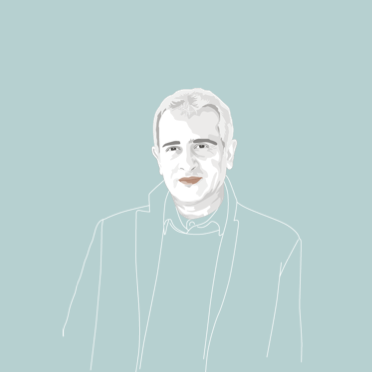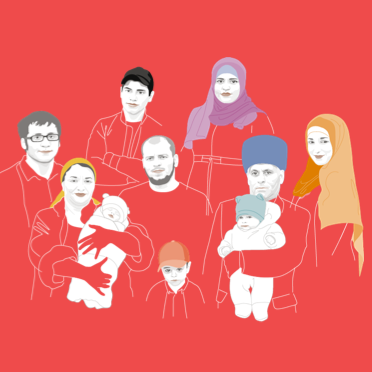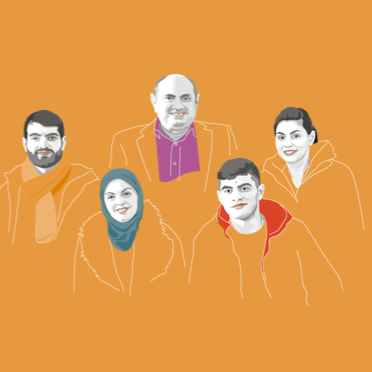Ghodoussi family
The Ghodoussi family was reunited in Berlin in 2012, following a long journey of forced migration and temporary separation. The parents had to leave Afghanistan as early as 1998. Their children no longer have an opportunity to get to know the country. As refugees in Iran, they suffer severe discrimination. Without a residence permit, they are constantly faced with insecurity and violence. For this reason they flee again in 2010, this time bound for Europe. Living in exile, they greatly value the Afghan language and traditions, which has been an anchor for them during the many new starts.
Kabul, Afghanistan
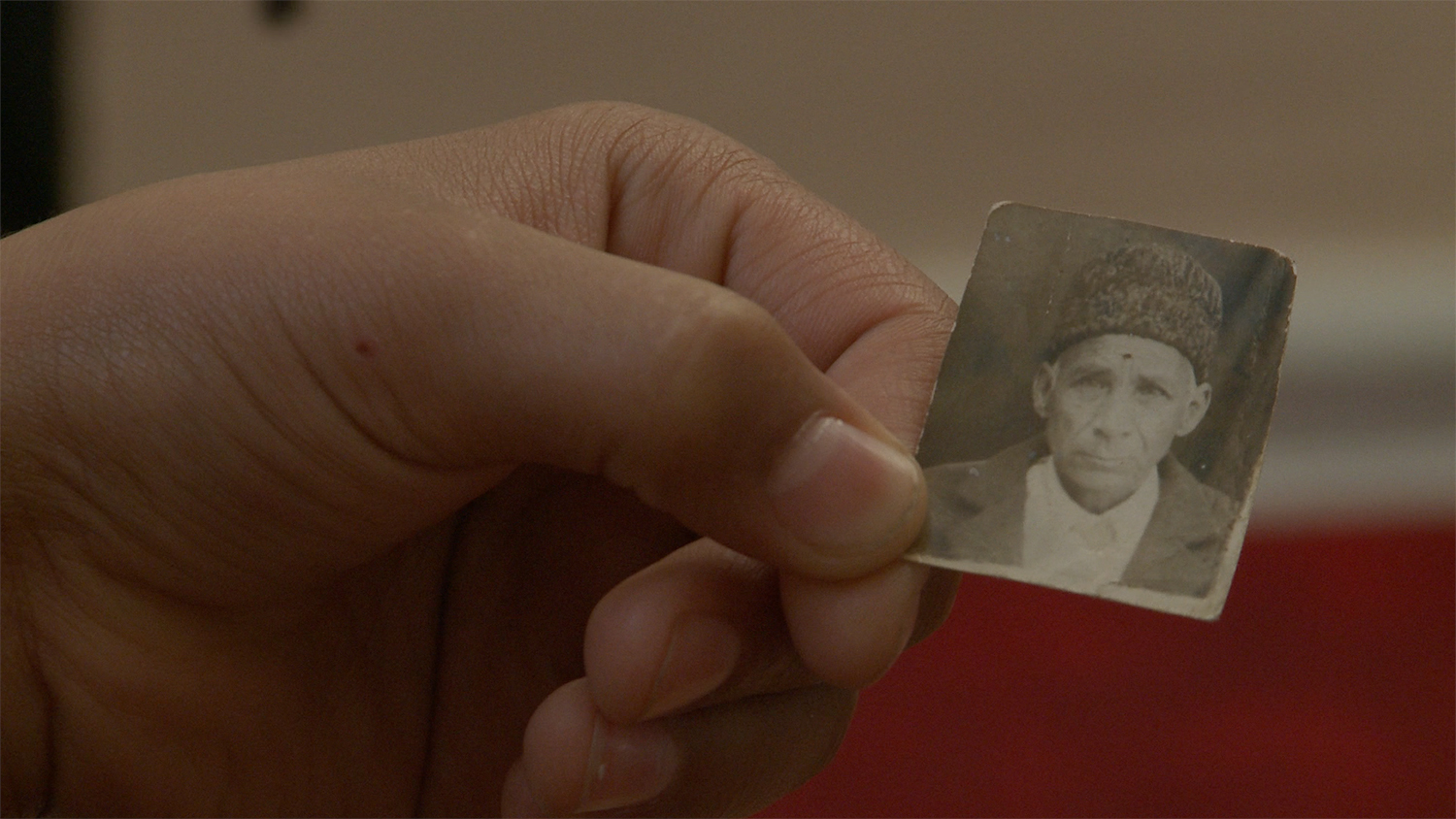
In memory of Ruhala’s father
Ruhala and Mari were born in Kabul and they met each other during their electromechanics studies. Ruhala later completes training to be a policeman and works for the army. Mari works in the secretarial office in a school. Ruhala’s father is killed during an attack on the Ministry of Mining. Guerrilla groups fighting against the Soviet troops and the Communist government in the country are responsible for the attack. After several years of civil war and the government’s collapse, the Taliban take power in many areas in 1994.
Tehran, Iran
Ruhala initially works under the Taliban. When he can no longer tolerate their actions and becomes involved in a conflict, he is shot and wounded. He flees directly from the hospital with his wife, one-year-old son, his mother, and his brother, who is also injured. After forty days they reach Iran, traveling on foot through Pakistan. The other four children are born in Tehran. As Afghan refugees in Iran, they have no rights and no access to work or education, and they are subjected to police violence.

Portraits of Ruhala and Mari
Turkey – undisclosed route

German for Travelers, language phrase book
In 2010 the family decides once again to flee. A human smuggler brings them to Turkey. They stay there for six months before fleeing to Athens despite great difficulties. They travel by boat and on foot. During this time, the children are not able to attend school, but the oldest daughter, Mozhda, teaches herself Turkish and English using language phrase books that she finds.
Athens, Greece
Once they get to Athens the family is at first not able to continue farther. The two oldest children, Shafiolah and Mozhda, are the first to manage to emigrate. They are brought by airplane to the Netherlands. They are twelve and fourteen years old at the time. The rest of the family has to remain in Athens.
Eindhoven, Netherlands
Shafiolah and Mozhda live with an aunt in Eindhoven. They stay there for six months and also go to school. During this time, Mari is able to flee Athens with two children, Kobra and Younes. In September 2011 they fly to Berlin. Shafiolah and Mozhda travel immediately to meet them. Ruhala and one of the sons, Rafiullah, remain in Athens.
Berlin
In Berlin, Mari petitions for asylum and moves with the children into the Marienfelde temporary housing facility. Ruhala and Rafiullah follow in April 2012 within the scope of family reunification. However, they initially have to stay in a refugee reception center and only later move into the temporary housing facility to join the others. After two years the family is together again for the first

Ghodoussi family, Berlin – Marienfelde 2012
Forced Migration, 1 year later
"We have no special wishes for ourselves. Just that our children can go to university. May they be spared the troubles we had; this war in Afghanistan that has gone on for 4 decades."
(Mari Ghodoussi, 2012)
Forced Migration, 5 years later

The Ghodoussi family in Berlin-Tiergarten, 2016
The family finds an apartment of their own. After one year, their petition for asylum is approved. Having their own home gives them peace of mind and a private sphere. Everyone is able to have their own space and concentrate on their own goals.

Mozhda’s self-portrait, exhibition object
Mozhda likes to paint. Her picture is displayed in the Life after Forced Migration exhibition in 2017. She chooses art as her test subject in her secondary school examination, since that is an area in which she can express herself well. Like her siblings, she cannot attend school for a long time. In her effort to complete her university entrance qualification exam (Abitur) she does not receive much support from her teachers.

Kobra, Younes, Mozhda, and Mari, exhibition opening
Mozhda helps the family out a lot; on top of all her schoolwork, she is studying for a driver’s license and taking on paid work to finance it. Her mother can no longer walk very well and the family needs a car. Her sister Kobra is close to finishing basic secondary school. Mozhda is also teaching Younes Dari, her native language.

Mozhda in the exhibition, 2017
Mari and Ruhala attend German class almost every day. Their children still have to interpret for them, but the parents consider it very important to support their children and their educational plans.

Deutsch auf der Reise (German for Travelers) language phrase book, exhibition object
In addition to the photo of Ruhala’s father, who had been killed, the family also selects the Deutsch auf der Reise phrase book for the exhibition. This is the book that Mozhda used to teach herself German while she continued to wait to be able to attend school in Germany.
The family continues to struggle with many requirements that make it hard for them to start working and become independent. The parents’ professional qualifications have not yet been recognized. However, they are nevertheless happy that close relatives now also live in Berlin and they are supporting the newcomers.
"Everyone tries to change their environment for the better. That’s everyone’s wish. I also want to have contact with the people in the country in which my children and I live. I want to help them as best I can. Just like in my own country, I want to establish a cordial relationship to the people."
(Mari Ghodoussi, 2016)
Forced Migration, 10 years later
Ten years after their forced migration, the Ghodoussi family is still waiting for a settlement permit. Only Mozhda has been able to apply for a German passport, because she completed training as a medical assistant and has a job. It is more difficult for her brother Shafiolah to get a permanent residence permit because he is self-employed. He runs a restaurant in the Mall of Berlin; his brothers and parents help him. In addition to vegetable kabob, they also offer to Afghan dishes. Although the turnover suffered greatly due to the Covid-19 pandemic, he was able to keep the restaurant operating.
Their brother Rafiullah has meanwhile completed school and is looking for a training position. The youngest boy in the family, Younes, is in ninth grade. Their sister Kobra is in training to be a social educator. She is expecting her first child.

Mozhda’s wedding
After Mozhda’s wedding was postponed twice due to the pandemic, she is excited to finally get married in the summer of 2021 and move out of the family home. But her traditional henna ceremony has to be cancelled and the wedding party is overshadowed by a political tragedy.
The international political failure in Afghanistan has brought on the disaster that also greatly affects the Ghodoussi family. Mari’s brother in Kabul has been in great danger ever since the Taliban took power. He worked with the European Union and, as a police officer, belongs to the group of particularly vulnerable people. The Ghodoussi family is actively seeking a way for him to be evacuated and brought to safety. The German federal program to admit refugees has been closed since August and the NGO Luftbrücke Kabul can only fly out a small number of people who have received a written commitment for admission from the federal government.
Place of Refuge in Berlin-Marienfelde?
Could the Ghodoussi family have made it to Berlin-Marienfelde if they had fled ten years later?
On August 15, 2021, the Taliban were able to take Kabul following the withdrawal of NATO and US troops. Consequently, between 20,000 and 30,000 people have been fleeing the country each week. Only groups of people who are particularly vulnerable can still be flown out. This includes people who worked locally for the German army (Bundeswehr) or German relief or development cooperation organizations. The border crossings to neighboring and transit countries such as Iran and Turkey were quickly closed. Even for those who manage to reach Turkey, it is very difficult from there to enter Greece. The EU has been pursuing policies of isolation at its external borders for years.

